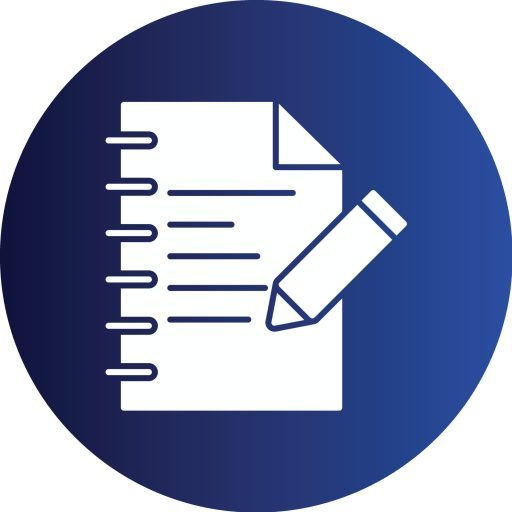Objectives
Research Aim: Clearly define the purpose of your What specific aspect of HRM are you aiming to explore or contribute to?
Research Objectives: Break down your aim into smaller, measurable objectives. What specific questions do you want to answer or what specific issues do you want to address?
Choosing a Methodology
Quantitative Qualitative: Decide whether your research will be quantitative, qualitative, or a combination of both.
Research Design: Select an appropriate research design such as surveys, interviews, case studies, or experiments based on the nature of your research question and the data you intend to collect.
Data Collection: Determine how you will collect datawill it be through primary sources (surveys, interviews) or secondary sources (existing databases, literature review)?
Data Analysis: Plan how you will analyze the collected data. Will youuse statistical methods, thematic analysis, content analysis, or another approach?
Choosing a Guide
Expertise: Look for a faculty member or advisor with expertise in HRM/OB or a relevant related field who can provide guidance and support throughout the dissertation
Availability: Consider the availability of potential guides and their willingness to provide mentorship and feedback.
Compatibility: Choose someone with whom you can communicate effectively and who shares your research interests or understands your chosen topic.
No. of students: Please note that a faculty can accept a maximum of 3 students
Writing Process
Outline: Develop a clear outline for your dissertation, including chapters, subheadings, and key points.
Literature Review: Start by writing a comprehensive literature review that synthesizes existing research relevant to your topic.
Methodology: Describe your research methodology in detail, including data collection methods, sample size, and data analysis
Results: Present your research findings objectively, using tables, figures, or descriptive statistics as needed.
Discussion: Interpret your results in the context of existing literature, discussing their implications, limitations, and areas for future research.
Conclusion: Summarize the main findings of your study and reiterate their significance in relation to your research
References: Ensure that you properly cite all sources used in your dissertation according to the required citation style (e.g., APA, AMA).
Dissertation: Guidelines
No.
Section
Description
1
Title page
The opening page with title of the dissertation, name of the student, name of the program, name of guide, etc.
2
Abstract
A brief summary of the study including introduction, methodology
and findings.
3
Contents
A list of chapters and figures from your project.
4
Chapter 1 Introduction
A description of the rationale behind your project.
5
Chapter 2 Review of Literature
A summary and evaluation of the literature supporting your project.
6
Chapter 3 Methodology
A description of the specific methodology used in your project.
7
Chapter 4 Data analysis
and Results
An overview of the key findings from your research.
8
Chapter 5 Discussion and
Evaluation
A description of what the results mean and what you can draw from
the findings.
9
Chapter 6 Conclusion, Limitation, and Future Research
Main summary of your overall project and key findings. Showcase your understanding by writing about the limitations of your study as well as give suggestions on what the future research in this area
needs to focus
10
Reference
A list of the references cited in your dissertation.
11
Appendices
Additional materials used in your research.
Review and Revision
Feedback: Seek feedback from your guide, peers and other experts in the field to identify areas for improvement.
Revision: Revise your dissertation based on the feedback received, making necessary adjustments to strengthen your argument and clarify your writing.
Final Submission
Formatting: Ensure that your dissertation meets all formatting requirements specified in the guidelines
Submission Deadline: Submit your dissertation before the deadline, allowing enough time for any last-minute revisions or corrections.
Defense Preparation: Prepare for your dissertation defense (Presentation -30 minutes and Q&A)
Publication: We recommend to convert your dissertation to a research paper and publishing the same with the help of faculty member. Your guide will be happy to help you with this.
Additional Information
Guide evaluation and/or Committee Evaluation based on PresentationGraded based on the qualitySimilar grade structure to the courseSoft copy submission4 credits

